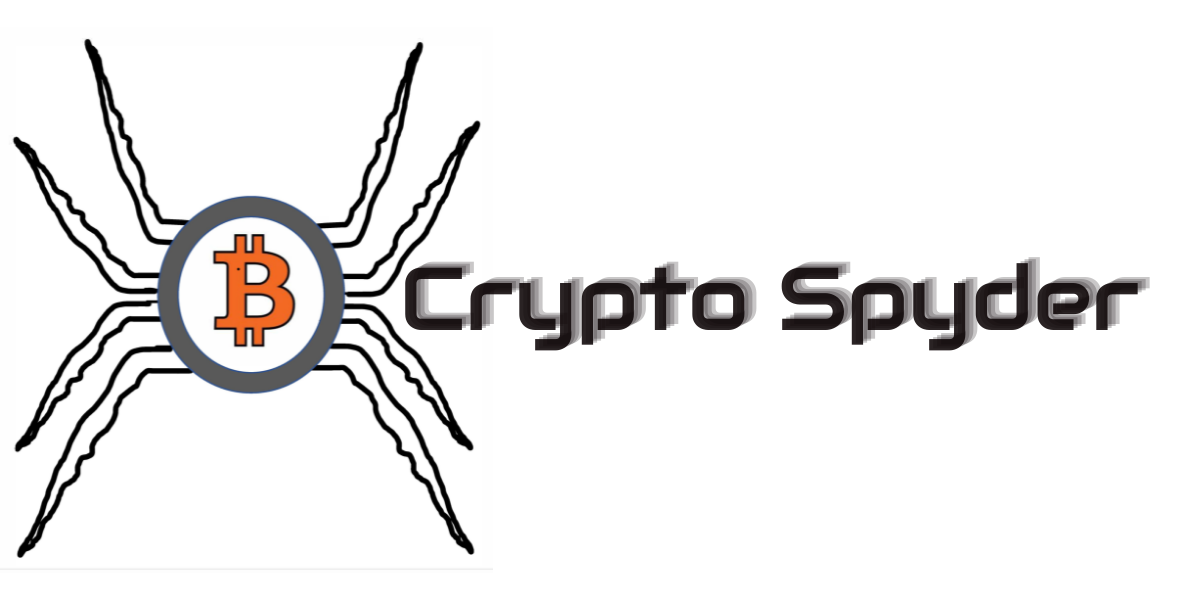Rebeca Moen
Feb 05, 2025 02:45
BioTuring’s AI model offers detailed cellular visualizations of cancer, enhancing understanding of tumor dynamics and aiding drug development, according to NVIDIA’s blog.
In a groundbreaking development, cancer researchers have introduced an AI model capable of delivering cellular-level visualizations of cancerous tumors. This innovation is poised to revolutionize the field of oncology by providing unprecedented insights into tumor dynamics, according to NVIDIA’s blog.
Advanced Cellular Mapping
BioTuring, a San Diego-based startup, has unveiled an AI model that generates detailed visualizations of cancerous tumors at a single-cell resolution. This model reveals intricate details such as cell size, shape, gene activation, and spatial positioning within tissue samples. The enhanced granularity enables researchers to understand inter-cellular relationships and their role in tumor growth.
Real-Time Insights and Applications
The AI model offers real-time, high-resolution insights into how cancerous and immune cells interact, surpassing traditional biological computation methods. “Analyzing a tumor biopsy is akin to examining satellite imagery with high resolution,” explained Son Pham, CEO of BioTuring. “Our model shows the interactions within cellular neighborhoods, providing answers to complex oncological challenges.”
BioTuring’s efforts are part of NVIDIA’s Inception program, focusing on single-cell spatial omics. This subfield studies biological molecules in their native spatial context, offering a deeper understanding of tumor heterogeneity and the microenvironment within organs.
Technological Backbone
The creation of detailed “disease cell atlases” relies on NVIDIA’s H100 Tensor Core GPUs, cuBLAS, and cuSPARSE libraries. These technologies accelerate matrix operations in analyses like Weighted Gene Co-expression Network Analysis and CellChat. Such advancements could significantly improve early cancer detection and screening methods.
Implications for Drug Development
The model’s granular data allows researchers and drug developers to identify molecular markers that precisely target cancer cells. It also provides insights into how immune cells, such as killer T cells, adapt to engage cancer. This knowledge could lead to the development of synthetic therapies that bolster the immune response, as noted by Rujuta Narurkar, BioTuring’s COO.
By mapping the tumor’s microenvironment through various stages, this AI model holds the potential to uncover the origins of cancer, paving the way for groundbreaking therapeutic strategies. The level of resolution achieved by BioTuring’s technology marks a significant advancement in the fight against cancer.
Image source: Shutterstock

